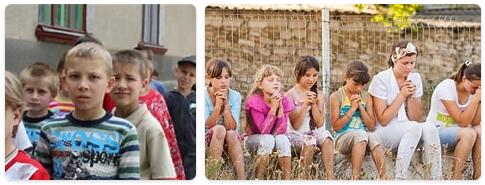Moldova 2014
Yearbook 2014 Moldova. Moldova population in 2020 is estimated at 4,033,974. The Ukraine crisis with the Russian annexation of the Crimean Peninsula put security policy pressure on Moldova from Moscow. The Transnistrian breakaway republic,...
